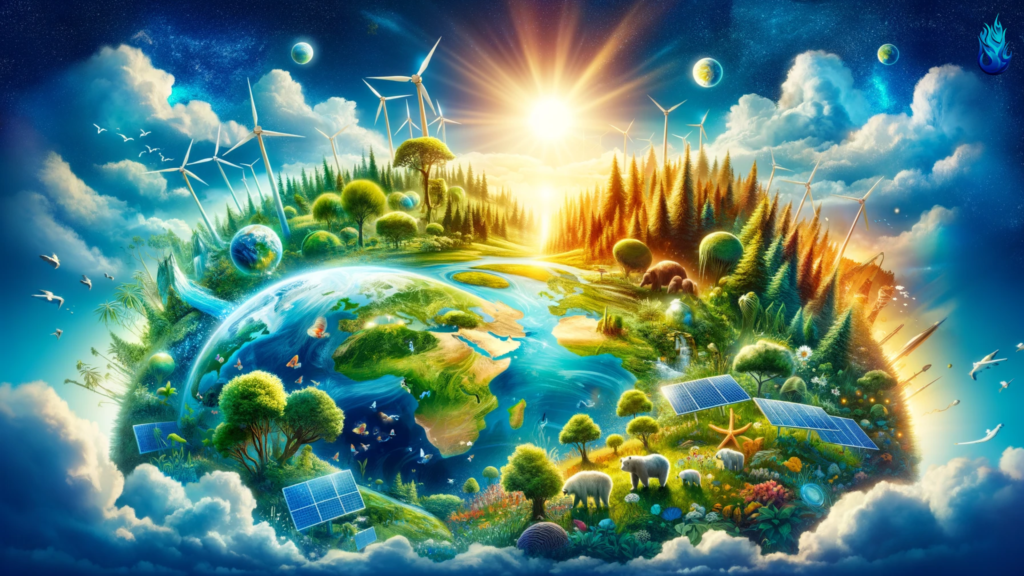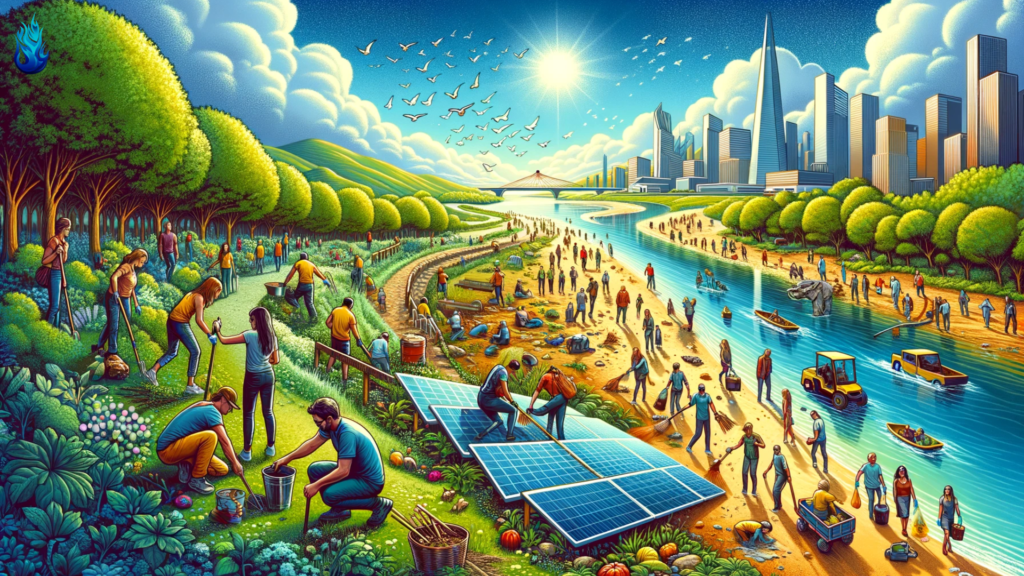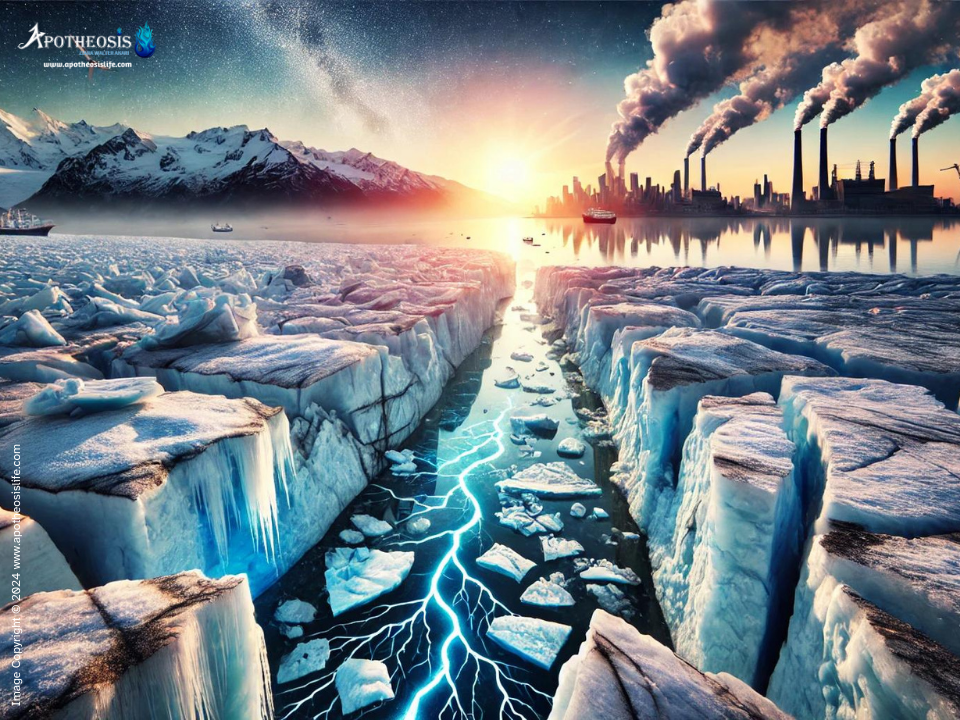In today’s rapidly evolving world, the term “climate change” is more than just a buzzword; it’s a global reality with far-reaching implications. But what exactly is climate change, and why does it matter to each of us? Let’s dive into the basics.
Understanding Climate Change
Climate change refers to significant changes in global temperatures and weather patterns over time. While climate variability is a natural part of Earth’s history, the alarming rate of changes since the late 19th century is largely attributed to human activities, particularly the burning of fossil fuels like coal, oil, and gas.
These activities increase the concentration of greenhouse gases in the Earth’s atmosphere, trapping more heat and leading to a warming planet. This phenomenon is often referred to as global warming, a major driver of climate change.

The Impact of Climate Change
The effects of climate change are vast and varied, impacting nearly every aspect of the natural world and human society.
Rising Temperatures: Global temperatures have risen significantly, leading to hotter days and more frequent and intense heatwaves.
Melting Polar Ice and Glaciers: This leads to rising sea levels, threatening coastal communities and ecosystems.
Extreme Weather: Increased frequency of extreme weather events, such as hurricanes, droughts, floods, and wildfires, causing devastation and loss.
Biodiversity Loss: Changing climates disrupt habitats, endangering a wide range of plant and animal species.
Human Health Risks: From respiratory diseases caused by poor air quality to increased heat-related illnesses and the spread of infectious diseases.
The Call for Climate Action
The urgent need to address climate change has led to global initiatives aimed at reducing greenhouse gas emissions and transitioning to a more sustainable and resilient future. Efforts include transitioning to renewable energy sources, improving energy efficiency, and developing green technology.
International agreements like the Paris Agreement aim to unite countries in the fight against climate change, setting targets for reducing emissions and preventing global temperatures from rising 2 degrees Celsius above pre-industrial levels.

What Can We Do?
Combatting climate change requires collective action from governments, businesses, communities, and individuals. Here are ways we can contribute:
Reduce, Reuse, Recycle: Minimize waste and consumption.
Support Renewable Energy: Consider renewable energy options for your home and community.
Educate and Advocate: Stay informed and engage in community efforts to combat climate change.
Conserve Water and Energy: Simple actions like fixing leaks and switching to energy-efficient appliances make a difference.
Understanding climate change is the first step toward making meaningful changes to protect our planet. By embracing sustainable practices and supporting policies that mitigate climate impacts, we can contribute to a healthier, more sustainable future for all.
Details of the Featured Image
Image depicting a melting glacier with cracked ice and rising sea levels, contrasted with a smoky industrial landscape, symbolizing the global impact of climate change.
Image Copyright © 2024 www.apotheosislife.com
Author
Ziara Walter Akari
© www.apotheosislife.com
